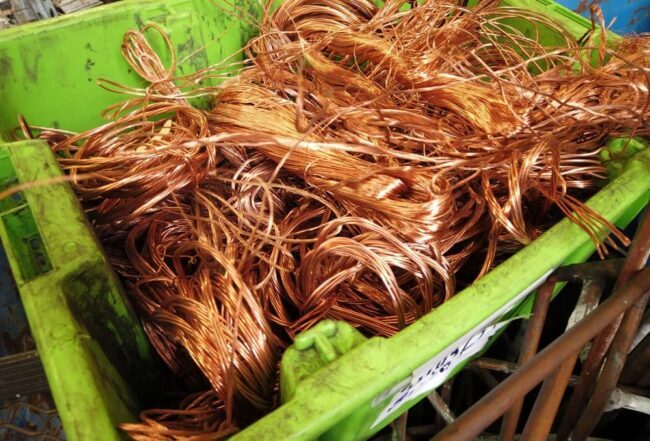The problem of thieves stripping copper and copper alloys from construction sites, homes, and industrial sites continues to grow. In some cases, criminals removed copper sculptures and memorial plaques from cemeteries.
While many do not expect news about copper, theft has cost western Australian contractors and plumbers hundreds of thousands of dollars.
Once thieves obtain the copper, they sell it as scrap copper in Perth and the surrounding areas. The money is believed to be funnelled into the drug trade. Prices of scrap metals are generally high in Western Australia, with copper selling at around $7.00- $7.77 per kilo.
Protect Against the Theft of Copper
In 2020, the Western Australia Government created a plan to help guard against copper theft. Recently, a more significant effort to enforce the policies has gained traction.
The new laws centre around regulating the sale of copper and copper alloys such as brass and bronze and, in doing so, stopping the theft of the metals. The law works similar to regulations on sales of second-hand gold and silver scrap metals.
The goal of the law is to protect copper and copper alloys from theft and make the sale of stolen copper much more difficult.
What are the Changes?
The new laws focus on removing the incentive to steal copper and copper alloys, increasing the difficulty of selling the materials.
- Companies that deal in copper scrap metal sales will need a license from the state to continue the practice. Licensed scrap dealers must keep records of the people who bring scrap copper to sell. Scrap dealers must regularly give police lists of people who sell scrap.
- Individuals attempting to sell copper or copper alloys to a scrap dealer must provide their personal contact information with the knowledge that local authorities will routinely review this information.
New Licensing Requirements for Scrap Dealers
The bulk of responsibility for the success of this plan sits on the shoulders of the scrap dealers. While the new law does not force any scrap dealer to purchase and maintain a license, no scrap dealer can buy or sell copper or copper alloys unless they have a license.
Along with the license, scrap dealers must abide by the required record keeping, making notes with information about each person attempting to sell the metals. These records must go to the police at regular intervals for review.
Any scrap metal dealer or individual attempting to bypass the ordinances governing the sale of second-hand copper will face legal consequences. This includes potential fines or loss of license, or potentially jail time.
We strongly support the government’s efforts to crack down on copper thieves, and we will do everything possible to help stop the sale of stolen copper.
To learn more about recycling and our drop off and pick up services, reach out to Collins Recycling. Our knowledgeable staff can answer your questions and offer suggestions about the best way to dispose of recyclables.
FAQs
Is copper a good investment?
Copper is often considered a good investment due to its widespread use in various industries, including construction, electronics, and renewable energy. Its value is closely tied to the health of the global economy, especially in sectors like manufacturing and infrastructure development.
As the world increasingly turns towards sustainable energy solutions, the demand for copper in the production of electric vehicles and renewable energy infrastructure could potentially drive its value up. However, like all commodities, copper prices are subject to volatility due to factors like economic cycles, supply disruptions, and geopolitical events.
Therefore, it’s advisable for potential investors to stay informed by keeping an eye on market trends, industry announcements, and global economic indicators that can impact copper prices. For up-to-date information, The Market Bull provides the latest news with expert insights and analysis.








